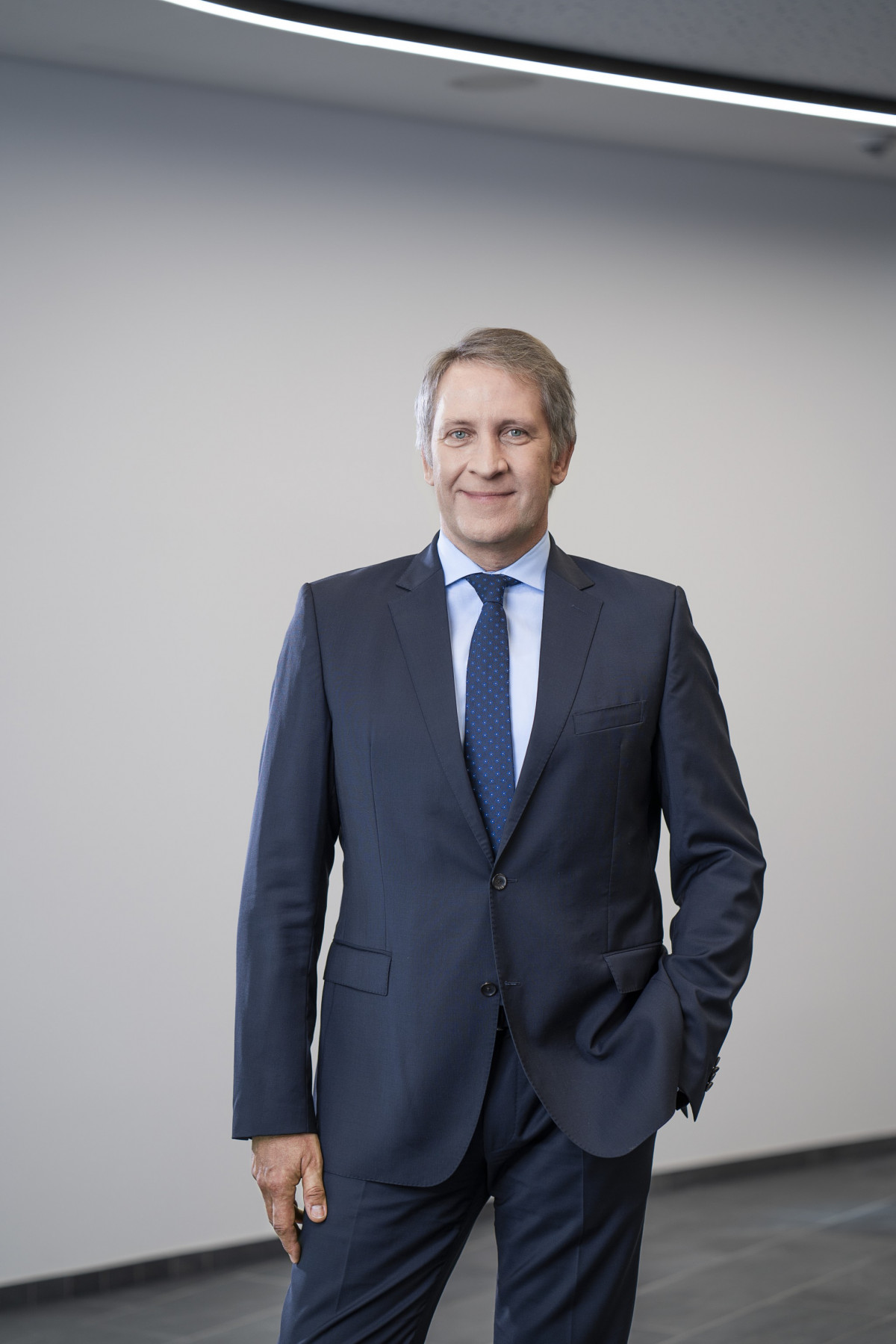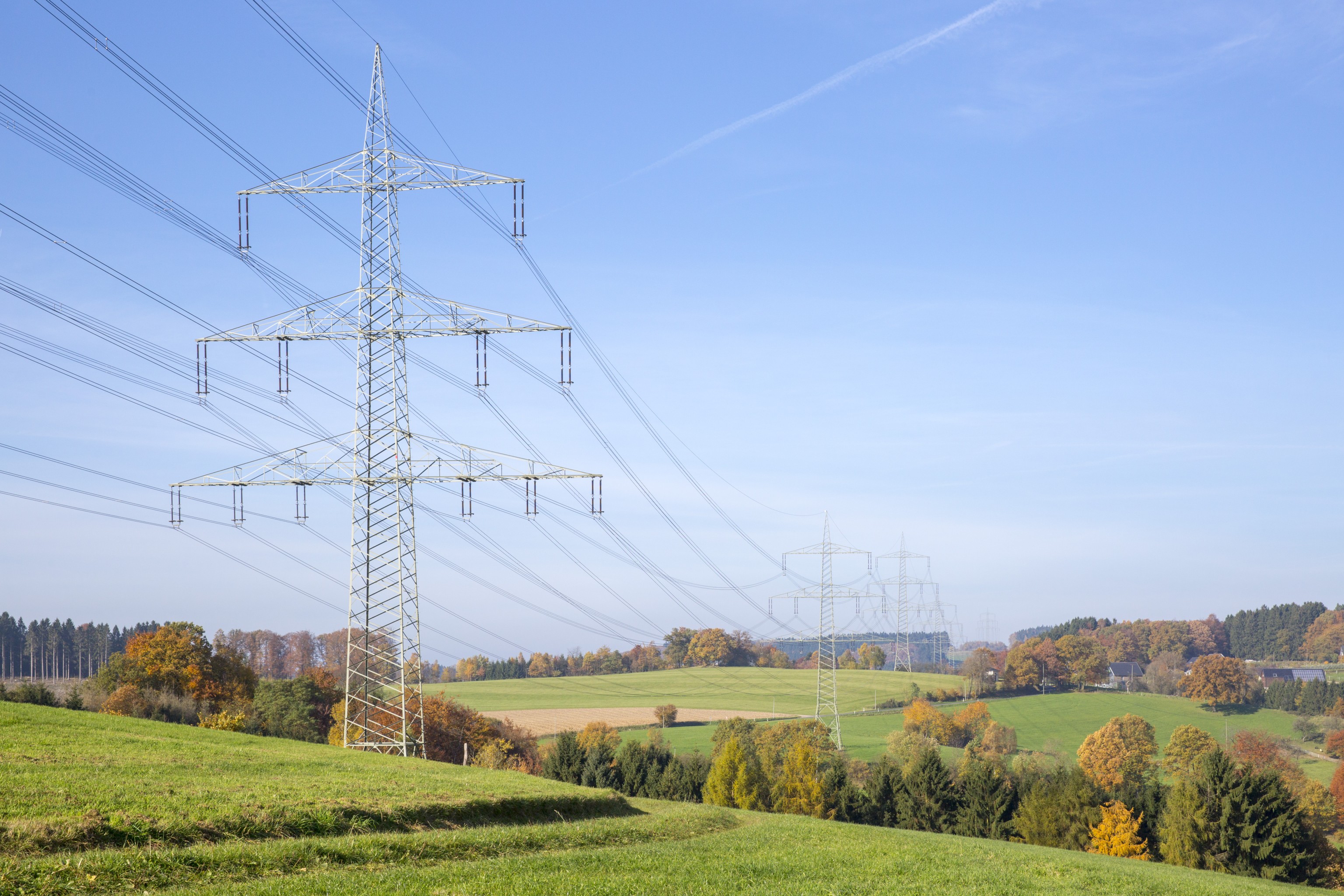Preview 2021: ‘We need a new electricity market design’

Clean Energy Wire: Which topics or events will dominate the energy and climate debate in 2021 in your sector - also considering the implications of the ongoing Covid19 pandemic?
Hans-Jürgen Brick: In 2021, the climate debate will focus on the measures necessary to achieve climate neutrality. The expansion of renewable energy capacity will continue to play a decisive role in the coming year in order to achieve the 65 percent renewables target by 2030 and ensure climate-neutral electrification - with a market ramp-up of electromobility and heat pumps.
Also, the planning of the hydrogen infrastructure will play a special role when the market ramp-up of hydrogen production in Germany and Europe is initiated. This raises the question of which instruments will be used to further stimulate and coordinate this market ramp-up.
In the course of creating an integrated energy system, increasing electrification is taking place in the areas of heating and transport. Only by interlinking infrastructure planning across the sectors will we be able to leverage synergies and save costs. This also applies to hydrogen, which will be used where electrification is difficult to achieve, for example in industry or for synthetic fuels for heavy goods vehicles.
To Amprion, the expansion of offshore wind energy in the countries bordering the North and Baltic Seas will play a major role. With our “Eurobar” concept we want to contribute, together with our partners, to better connecting offshore wind farms in order to use the renewable energy potential throughout Europe.
In view of the general elections next year - what should politicians put on their agenda concerning electricity market design and grid expansion?
With the current network development plan, the four German transmission system operators are well placed to implement the network expansion in a robust way and in line with demand for the requirements of the next 10 to 15 years. But we need a new market design. We need flexibility to keep the system stable: On the one hand, we need systems that generate electricity independent of weather conditions. Gas-fired power stations can be a bridging technology here. On the other hand, we need consumers who adapt their needs to the current supply of green electricity. This interaction between production and consumption must be perfectly balanced. It requires a market that follows not only economic but also meteorological and technical laws. A market that promotes system-oriented behaviour by all market participants and offers early investment incentives for the urgently needed flexibility on the producer and consumer side.
Despite the coal phase-out and the already ongoing phase-out of nuclear energy, security of supply has remained at a high level and we cannot see any negative developments here.
With the EU about to raise its emission reduction target for 2030, more wind and solar capacity will likely be necessary to meet these goals – is the German power grid equipped for this? How is the current grid expansion coming along?
We are on the way to creating the grid infrastructure to successfully manage the further expansion of renewable energies. However, we must also note that the design of some grid projects in the form of underground cables significantly increases the cost of construction and planning. In view of the Covid19 pandemic, which still has us firmly in its grip, we are pleased to say that there have been few delays in our projects to date because of it.
Is the German power sector and grid prepared for the beginning of the coal phase-out, the nuclear exit, increasing European integration, and the introduction of electrolysers and e-cars?
Despite the coal phase-out and the already ongoing phase-out of nuclear energy, security of supply has remained at a high level and we cannot see any negative developments here. Although the need for re-dispatch capacity has increased and will continue to increase in the foreseeable future, security of supply has been ensured so far.
In the field of hydrogen electrolysis, we see great opportunities both for energy system transformation and for security of supply. If at least some of the electrolysers are installed close to generation facilities - for example near offshore wind farms - and used for grid services, this will make the grid stronger rather than stressing it. We are committed to making this happen.
E-mobility is an issue for the distribution grid. At present, and in the foreseeable future, the power volumes needed for e-car charging are still too small to be noticeable in the transmission network. In the future, however, we can already see that e-mobility will influence the balance in the power system. It is then important that power demand from e-vehicles is always matched with sufficient generation capacity.

